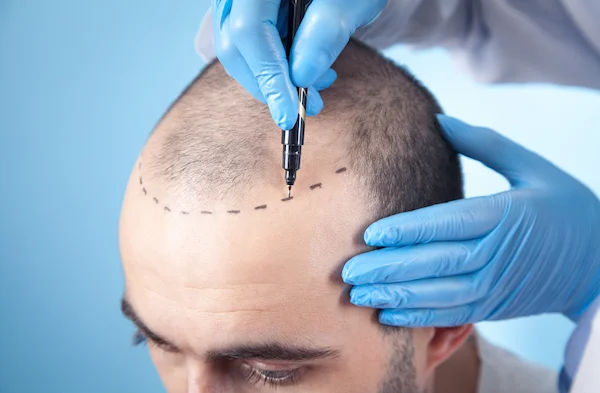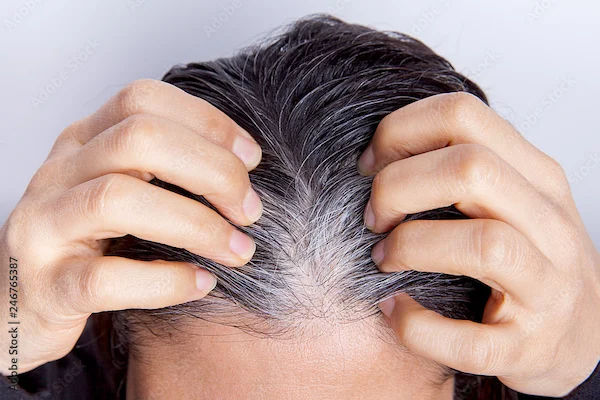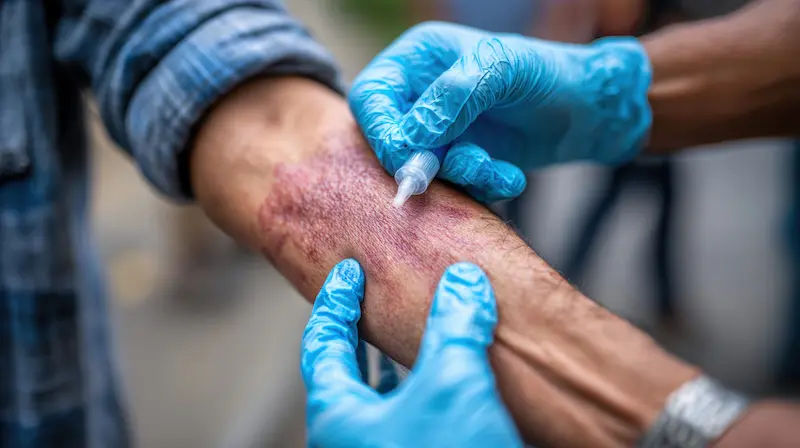- female
- 35 Years
- 29/04/2022
how to cure eczema permanently
Answered by 1 Apollo Doctors
No cure has been found for eczema. But treatments and self-care measures can relieve itching and prevent new outbreaks.
Dr. Dhankecha Suggests...
Consult a Dermatologist
Answered 04/07/2025
0
0


Ask Apollo
AI powered Health Chatbot
-
Understanding Eczema and Its Nature
Eczema is a chronic condition with no known permanent cure, but symptoms can be managed effectively. -
Identifying and Avoiding Triggers
Common triggers include allergens, irritants, and stress. Avoiding these can help control flare-ups. -
Skincare and Moisturizing Routine
Regular use of emollients is crucial to maintain the skin barrier and reduce dryness. -
Medical Treatments
Topical corticosteroids and calcineurin inhibitors are commonly prescribed. Biologics may be considered for severe cases. -
Lifestyle and Home Care Measures
Use gentle skincare products, avoid harsh soaps, wear soft fabrics, and manage stress. -
When to See a Specialist
Consult a dermatologist for personalized treatment plans and advanced therapies. -
Emerging Therapies and Research
Stay informed about ongoing research and potential future treatments. -
Emotional and Psychological Support
Recognize the impact of eczema on quality of life and seek support when needed.
Recommended next steps
Consult a Dermatologist
Answered 20/08/2025
0
0
More Dermatology Health Queries
View allhow to get rid of old acne scars
Chemical peel, dermal fillers such as polymethylmethacrylate (PMMA), hyaluronic acid (HA), and poly-L-lactic acid (PLLA) and laser resurfacing, microneedling.
Answered by 1 Apollo Doctors
I'm trying to find out how much it would cost for DPN treatment and to get rid of black spots on my face in Bangalore. Any idea what the usual prices are?
The cost of treatment for Dermatosis Papulosa Nigra (DPN) and removal of black spots on the face in Bangalore can vary depending on the treatment option chosen and the size of the area to be treated. Treatment Options and Estimated Costs: - Electrocautery or Radiofrequency: This treatment option can cost anywhere from 5,000 to 20,000 per session, depending on the size of the area to be treated. - Laser Therapy: Laser treatment can cost between 10,000 to 50,000 per session, depending on the type of laser used and the size of the area to be treated. - Cryosurgery: This treatment option can cost anywhere from 3,000 to 15,000 per session, depending on the size of the area to be treated. It's essential to consult a dermatologist to determine the best treatment option for your specific case and to get a more accurate estimate of the costs involved.
Answered by 1 Apollo Doctors
I'm really worried about the amount of hair I'm losing after giving birth. It's seriously a lot, and I'm not sure how to handle it. Can you offer any advice or solutions to cope with this extreme hair loss post-delivery?
Hair fall can be due to various reasons.Hormonal,genetics ,stress,scalp conditions etc.if your hair fall is excessive consult a dermatologist or a trichologist to get more tailored treatments for your needs.
Answered by 1 Apollo Doctors
Disclaimer: Answers on Apollo 247 are not intended to replace your doctor advice. Always seek help of a professional doctor in case of an medical emergency or ailment.





